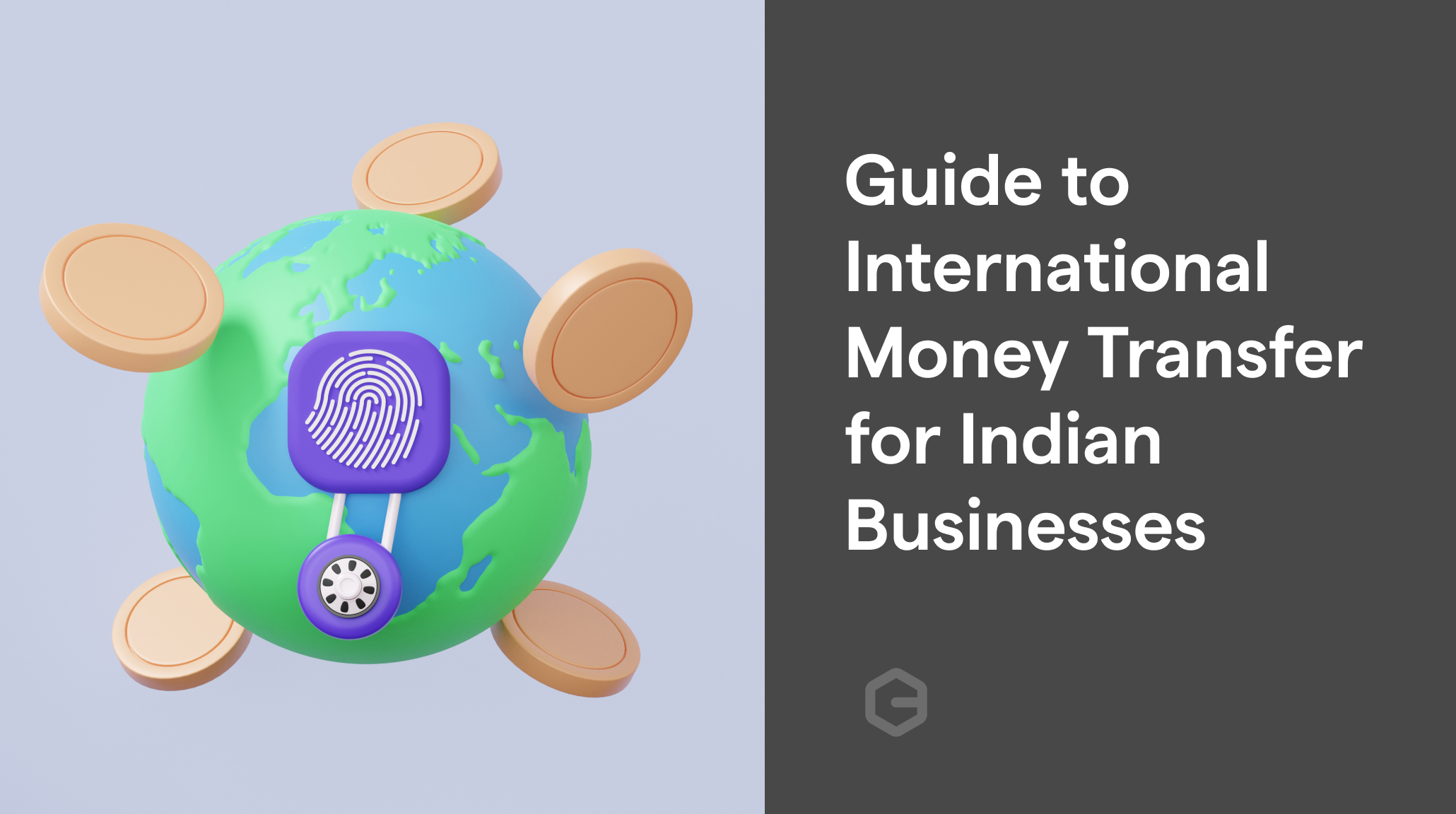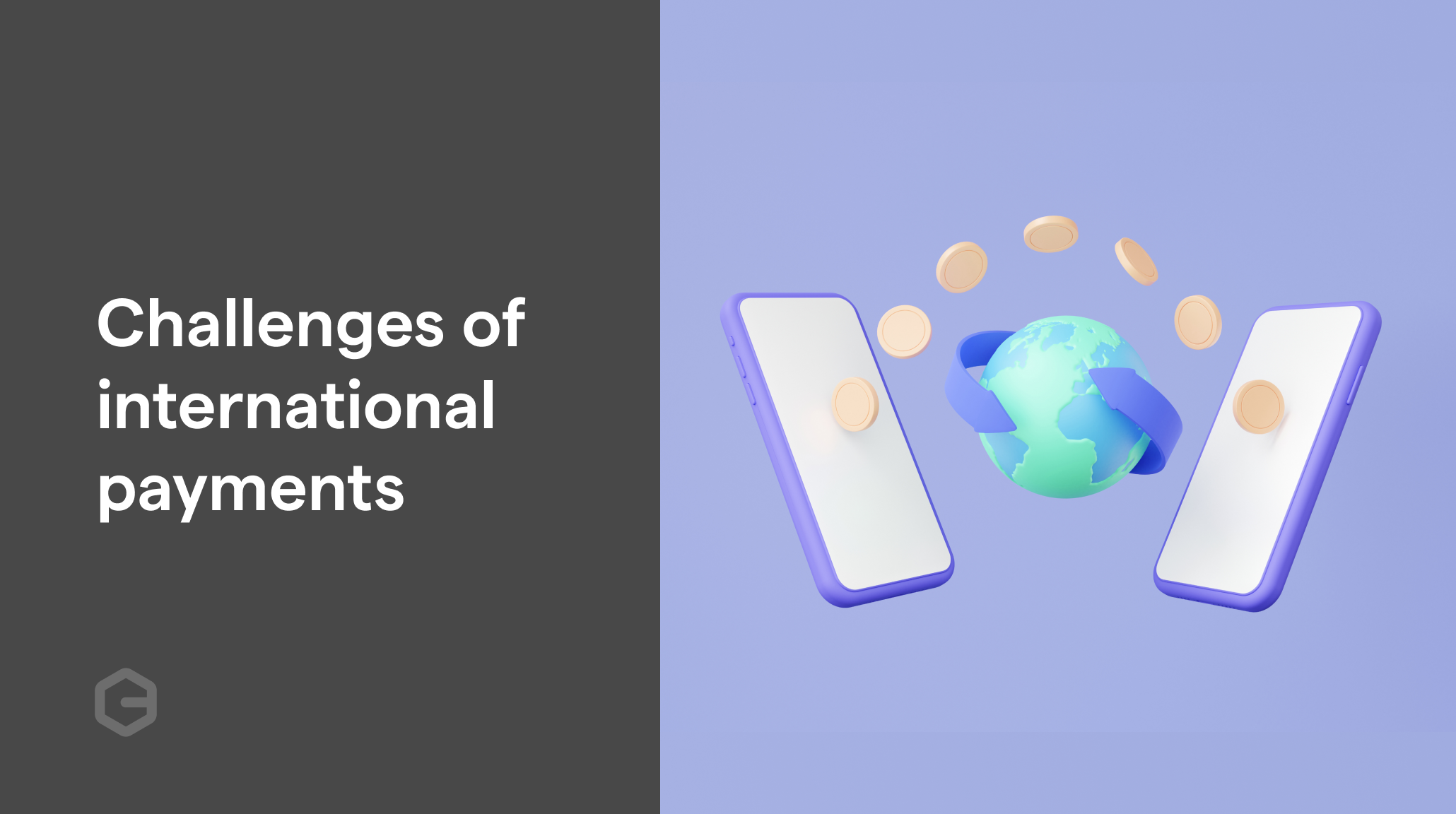For businesses engaged in global transactions, choosing the right international money transfer method is crucial. Each method comes with its own costs, speed, and reliability factors, along with unique advantages and disadvantages.
In this comprehensive article, we will explore the types of international money transfer methods available to Indian businesses, analyze the associated costs and fees, assess the speed and reliability of each method, and discuss the advantages and disadvantages that businesses should consider.
Factors to consider while choosing a payment method
- Coverage: Does the payment method support transfers to the geographies of your choice.
- Costs: The cost of international transfers varies for each method. The costs could include conversion costs, processing fees, account opening and maintenance charges and so on.
- Speed (transaction time): The urgency of transfer also factors into the choice of payment modes. Some methods offer near instant transfer times while others may take 3-5 business days.
Bank or Wire Transfers
Bank or write transfers are a standard method used by Indian businesses for international money transfers. These are bank-to-bank transactions through SWIFT rails.
Costs and fees vary between banks and may include transaction fees, intermediary bank charges, and currency conversion fees. Bank transfers are generally reliable, although speed can vary depending on the destination and correspondent banks involved.
Advantages of bank transfers include wide acceptance, the ability to transfer large amounts, and recurring payment options. However, bank transfers may have higher fees compared to other methods, and the speed of transfers may not always be immediate.
Cards
Cards are a common and prevalent mode of payment in today’s economy, even for international money transfers. Cards, such as corporate debit or credit cards, provide businesses with a convenient and efficient method to transfer funds internationally.
Cards are widely accepted and ensure swift transactions and accessibility of funds, but businesses may be subject to less favorable exchange rates compared to other payment methods.
Digital Payment Methods
Digital payment platforms like PayPal, Wise etc., have gained popularity among Indian businesses for international money transfers. They can be further categorized as digital wallets and payment processing platforms.
Costs and fees typically include transaction fees and currency conversion charges. These platforms often offer competitive rates and fees compared to traditional banks. Transfer speeds can range from a few minutes to a few days, depending on the destination and platform used.
Advantages of digital payment platforms include convenience, user-friendly interfaces, faster transfer times compared to bank transfers, and the ability to send money to individuals or businesses worldwide. However, businesses should ensure that the platform is widely accepted in the recipient's country and may need to comply with platform-specific limitations or verification requirements.
Conclusion
Wire transfers are widely accepted but can be relatively expensive. Bank transfers offer reliability but may come with higher fees too. Digital payment platforms are convenient and cost-effective, but businesses must take care that it gives them the necessary coverage and reliability.
Selecting the right international money transfer method for Indian businesses requires consideration of factors such as cost, speed, reliability, and individual preferences.
PayGlocal provides a solution for businesses to collect payments in 33 currencies from 180+ countries across the globe using local and SWIFT rails while providing complete transparency and fully secure payments. You can connect with our team to see our platform in action.



